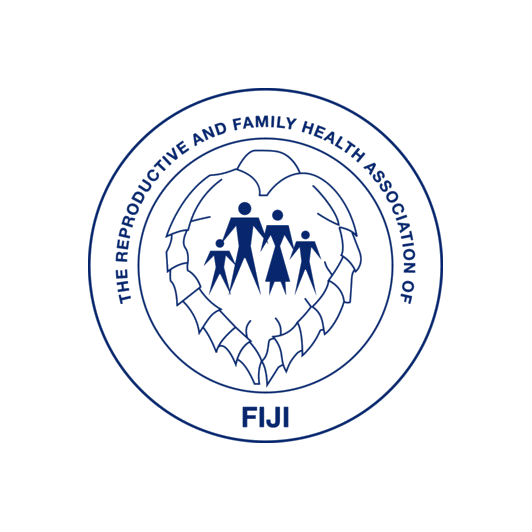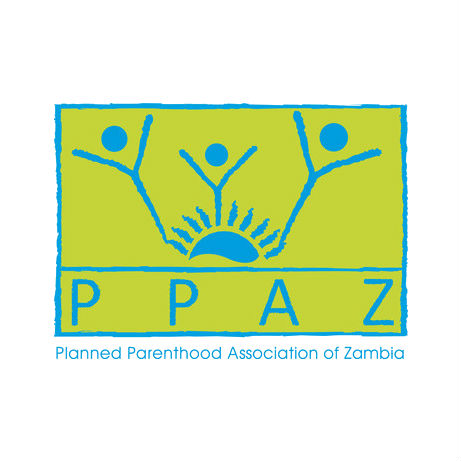

| 31 March 2016
Reproductive & Family Health Association of Fiji
The Reproductive and Family Health Association of Fiji (RFHAF) was inaugurated in June 1996. It has played a key role in shaping national family planning policy and in promoting sexual and reproductive health (SRH) education, particularly among young people and communities in which myths about the dangers of family planning prevail. The use of contraceptives is still believed by many to cause cancer and immature childbirth. RFHAF has also undertaken concerted national advocacy work (with a particular emphasis on HIV and AIDS) through its involvement with the National Advisory Committee on AIDS and the country co-ordinating mechanism. As such, it played a critical role in securing the HIV Prevention and Treatment Decree which outlaws discrimination, promotes counselling, testing and reporting, assures confidentiality, and legislates on the supply of blood products. The organization’s committed promotion of wider awareness of SRH issues is changing attitudes, and as attitudes change, uptake of services increase. RFHAF's Facebook page: https://www.facebook.com/Reproductive-Family-Health-Association-of-Fiji-I-Love-Being-A-Girl-331989993571861

| 31 March 2016
Planned Parenthood Association of Zambia
The Planned Parenthood Association of Zambia (PPAZ) was created in 1972. Then, it was dedicated to the promotion of family planning services. Over the years, it has evolved into a major service provider and advocacy body, with significant input into government policy on sexual and reproductive health (SRH) issues. Services offered include family planning, voluntary counselling and testing (VCT) for HIV, the treatment of sexually transmitted infections (STIs), antenatal and post-natal care, emergency contraceptive provision, laboratory tests, and screening. PPAZ refers clients on for additional services including prevention of mother-to-child transmission (PMTCT), antiretroviral treatment and home-based care. The organization operates 3 static clinics, 11 mobile units and 10 community-based services (CBSs). It has a full-time staff of 34, backed by 1,300 volunteers which include over 200 community-based distributors (CBDs) and 398 peer educators. In total, PPAZ runs 229 service points. PPAZ places a strong emphasis on HIV and AIDS prevention and treatment: as the statistics show, HIV prevalence rates are exceptionally high in Zambia. PPAZ has worked intensively on integrating gender and empowerment perspectives into HIV prevention. It has undertaken behaviour change communication projects directed at young people, both in and out of school settings, and it’s taken similar projects out to rural communities. PPAZ partners extensively with non-governmental organizations (NGOs), particularly those involved in youth and HIV and AIDS work. It receives financial support from Care international, UNICEF, the Japanese Organisation for Cooperation in Family Planning (JOICEP), Forum RFSU and IPPF’s Japan Trust Fund. Contacts Website: www.ppaz.org.zm Facebook: https://www.facebook.com/groups/137992098191/







